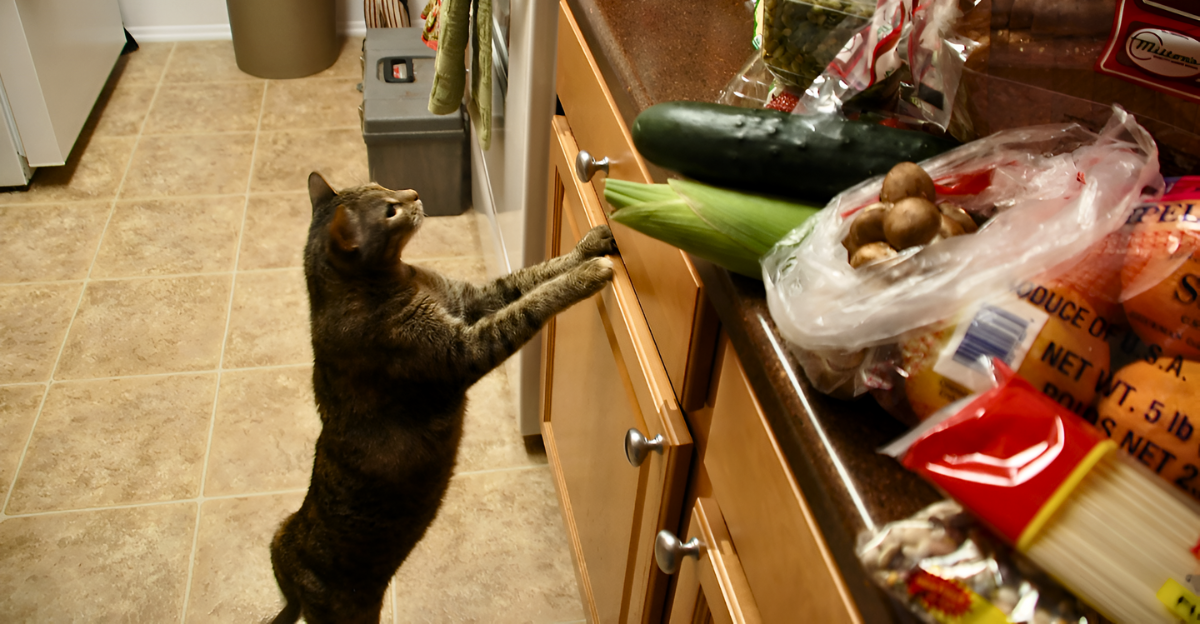
Anyone who owns a cat or has seen a TikTok of cats knows they are naturally curious animals. While this might seem sweet while they are exploring, it can also lead to them ingesting foods that are toxic or possibly life-threatening.
Here is a list of 9 household foods that are poisonous for cats, ranked from least to most dangerous. Also, a few added tips on symptoms to look out for, whether any at-home remedy is safe, and when to seek veterinary care.
1. Milk and Dairy Products
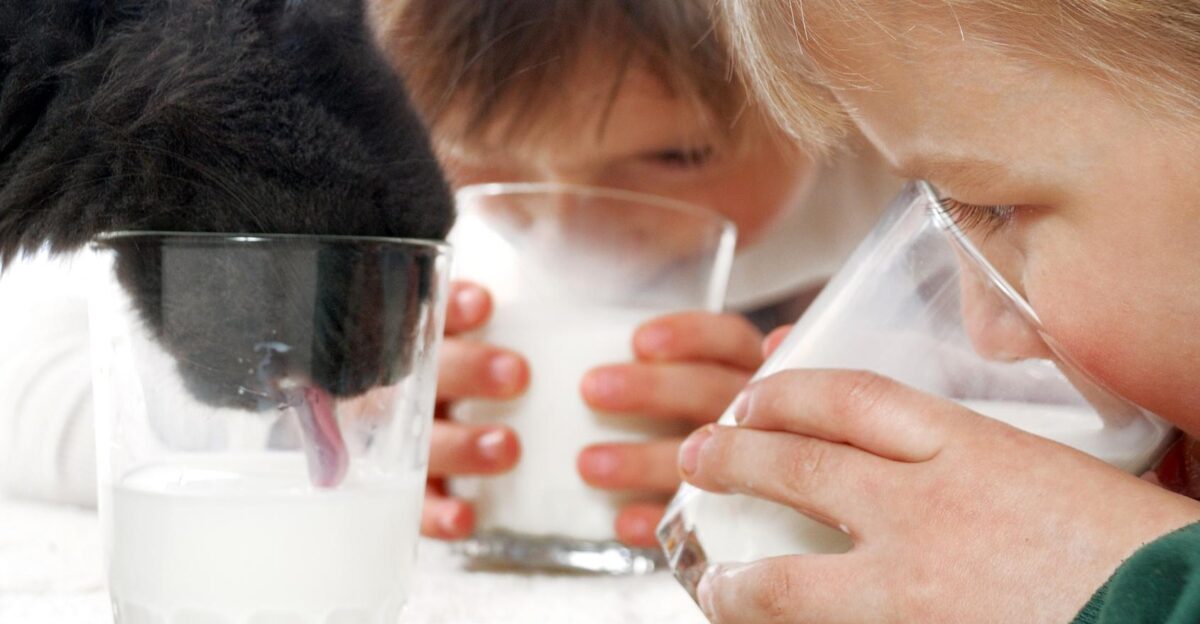
This goes against most cat movies/stories, but most adult cats are lactose intolerant! Their bodies don’t have the enzyme lactase needed when digesting lactose. Lactose is the sugar found in milk and other dairy products. Symptoms your cat might experience are diarrhea, vomiting, gas & bloating, abdominal pain, and dehydration.
While there isn’t a cure for lactose intolerance, if your cat experiences these symptoms, you can withhold all dairy and offer them some small, bland meals like boiled chicken or white fish until their symptoms have resolved. If you notice that the symptoms persist past 24 hours or that your cat doesn’t want to eat or drink, it is recommended to seek veterinary advice.
2. Citrus Fruits (Oranges, Lemons, Limes)
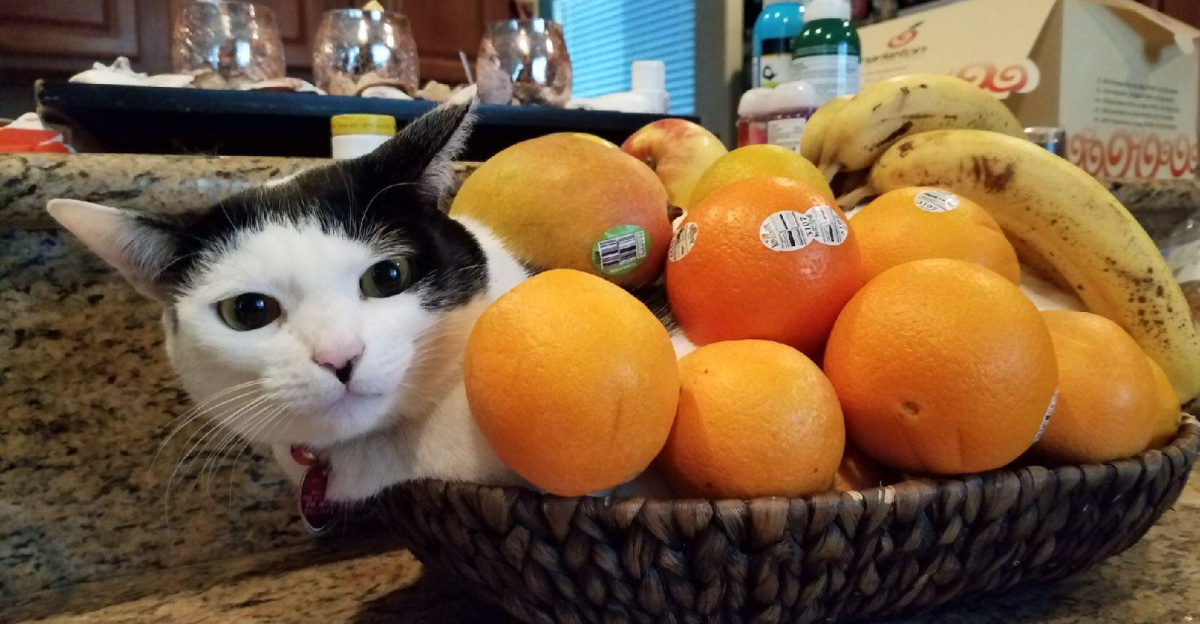
Citrus fruits have limonene, linalool, and psoralens. These contents are toxic to cats and can cause gastrointestinal and/or neurological issues. Symptoms to look out for include the following: vomiting, diarrhea, drooling, weakness, skin irritation when it comes into contact, and sometimes, in severe cases, depression or even seizures.
There aren’t any safe at-home remedies to remove any fruit left in their mouth; do not try to induce vomiting. Instead, offer them some water. If your cat ingests citrus, please seek veterinary help immediately.
3. Raw Meat and Eggs
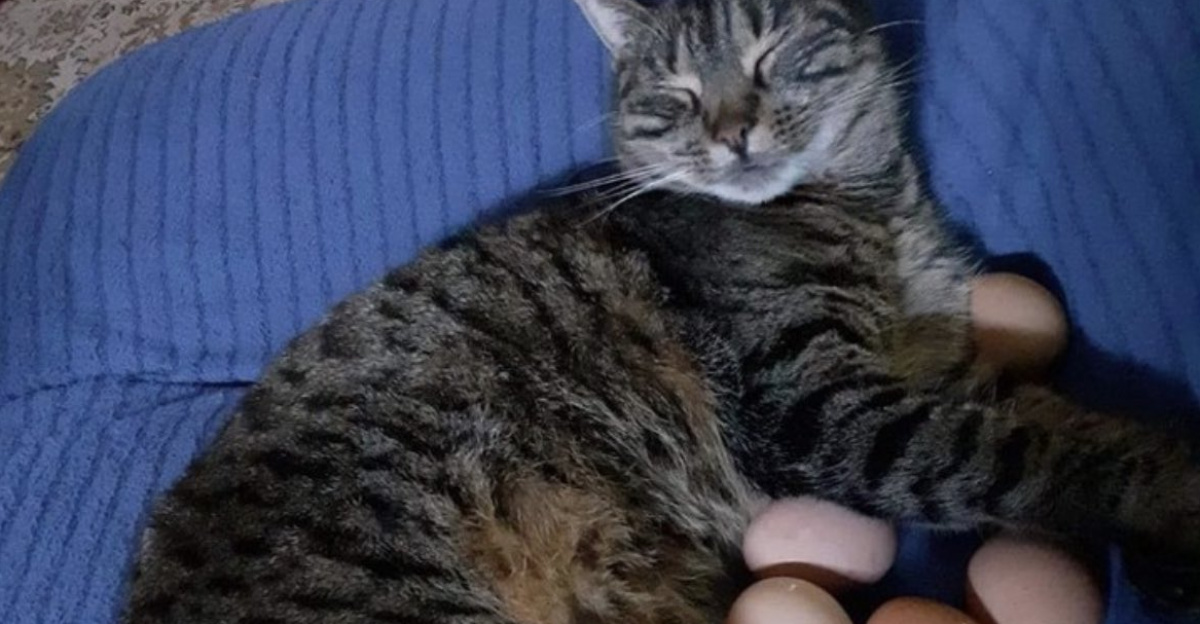
Bacteria like Salmonella and E. coli can be found in raw meat and eggs, leading to food poisoning when ingested. Raw eggs also contain avidin, which stands in the way of absorbing biotin, which can lead to skin and coat problems. When ingested, symptoms can include vomiting, diarrhea, lethargy, abdominal pain, fever, and dehydration.
No safe at-home remedies exist, so you can monitor your cat and give them water. Do not induce vomiting. If your cats show symptoms, promptly take them to a vet clinic for a consultation.
4. Avocado
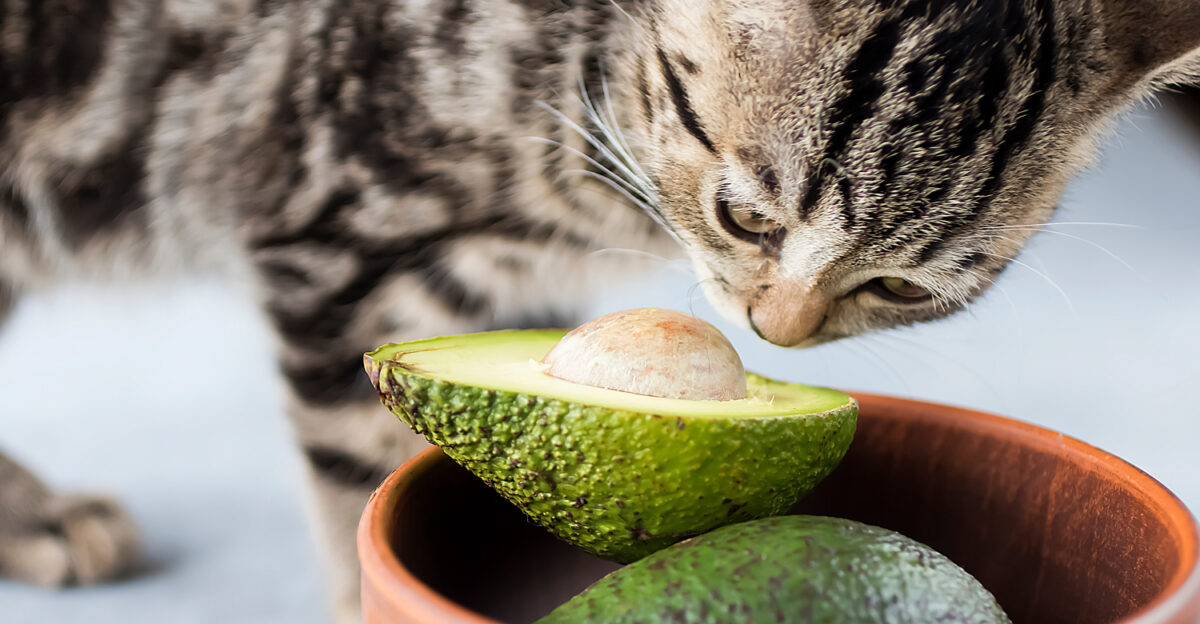
Avocados contain persin, which is found in all parts of the avocado: skin, flesh, pit, and leaves. If ingested, the pit can be a choking hazard, which can then cause intestinal blockage. Symptoms when eating the rest of the avocado can include vomiting, diarrhea, lethargy, weakness, and drooling.
Please seek veterinarian advice when your cat ingests avocado, as there are no safe at-home remedies. Also, do not induce vomiting.
5. Grapes and Raisins
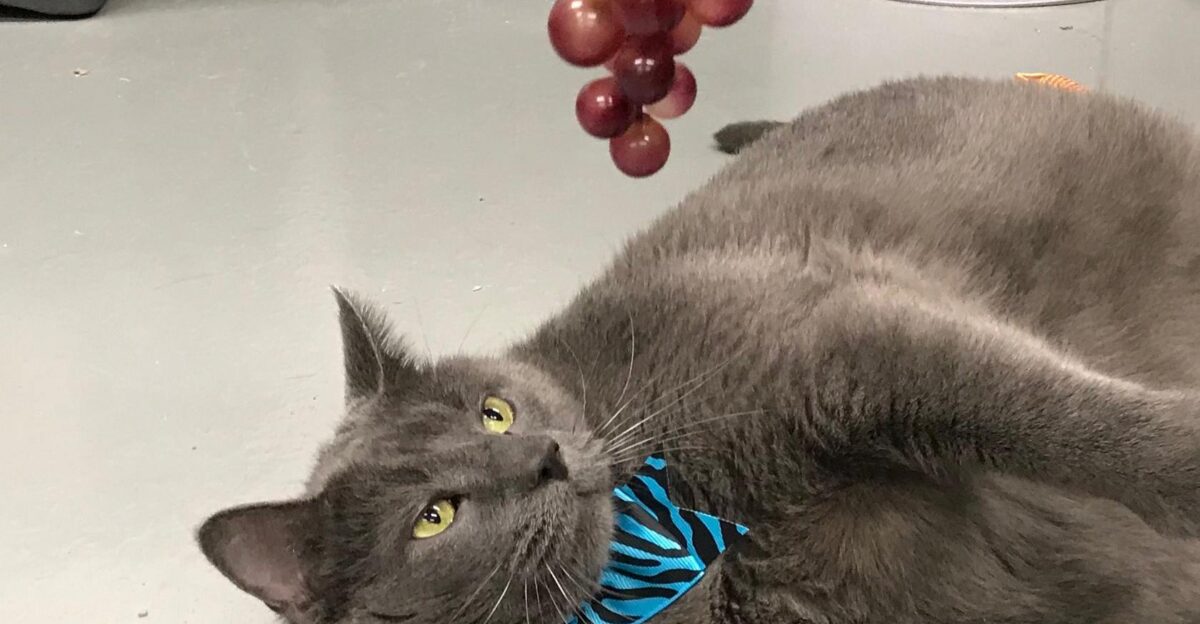
Grapes and raisins contain an unknown toxin that can cause severe kidney failure in cats, even if ingested in small amounts. Symptoms to look out for are vomiting, which can usually happen within hours, diarrhea, lethargy, loss of appetite, abdominal pain, and, in severe cases, critical kidney injury.
You should seek emergency care immediately if your cat eats grapes or raisins.
6. Yeast Dough and Alcohol
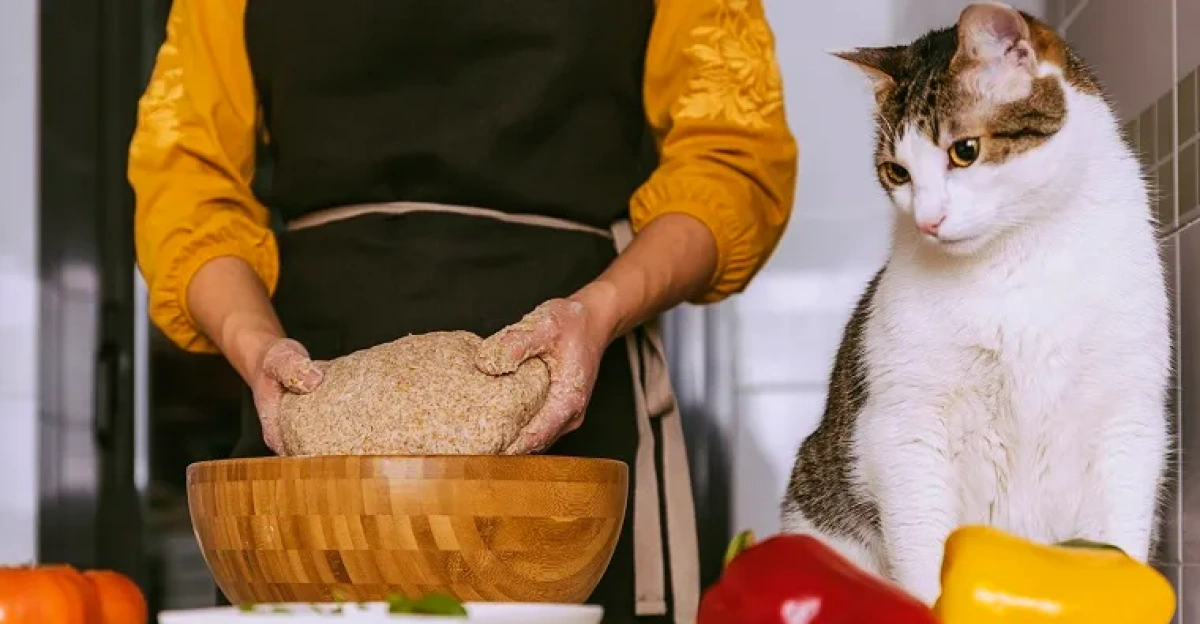
When yeast dough is ingested, it can expand in the stomach, which can cause some bloating or, in severe cases, a possible rupture. The fermentation process makes ethanol, and that could lead to alcohol poisoning, which is very dangerous for cats. Symptoms you can look out for when ingested include the following: vomiting, bloating, staggering, seizures, difficulty breathing, and, in severe cases, a coma or death.
There are no at-home remedies, but try to remove any remaining dough from their mouths and immediately contact a vet or emergency animal hospital.
7. Xylitol
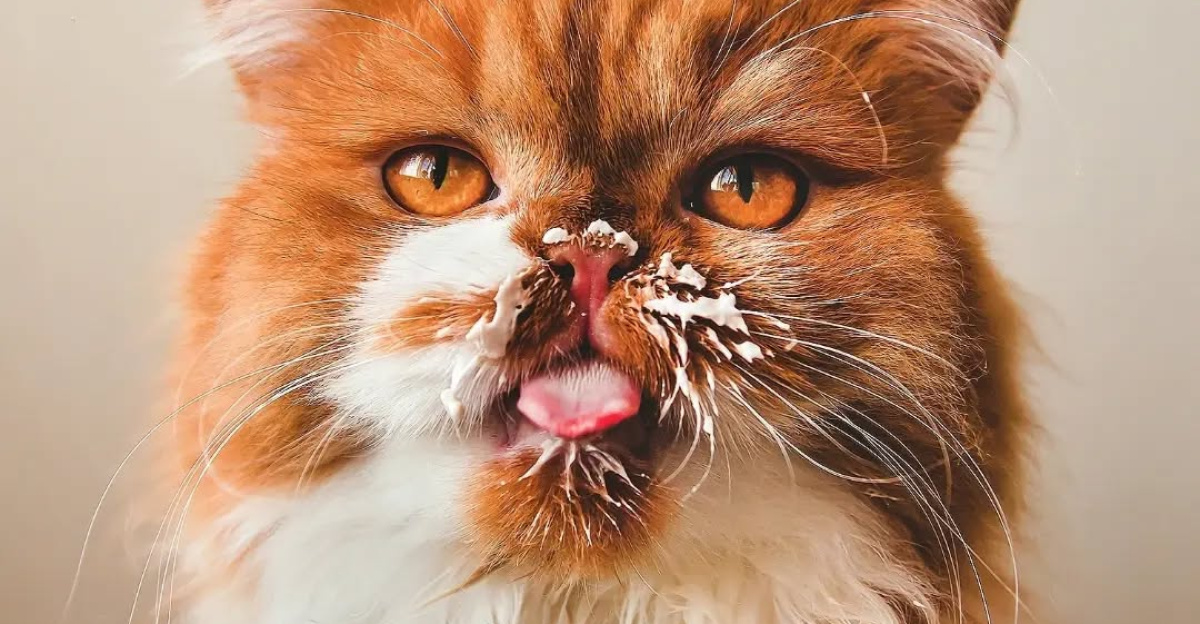
A lot of people use Xylitol as a substitute for sugar. When ingested, it can cause a swift insulin release in cats. This can then lead to hypoglycemia (low blood sugar). Symptoms that you should keep an eye out for are vomiting, lethargy, loss of coordination, seizures, collapsing, or a coma.
If your cat ingests Xylitol, you should seek veterinary care immediately, as there are no safe at-home remedies, and you should not induce vomiting.
8. Chocolate and Caffeine

Chocolate and caffeine contain theobromine and caffeine, which are toxic to cats. If cats ingest these, they can experience abnormal heart rhythms, tremors, seizures, or death. If your cat has consumed chocolate or caffeine, please look out for the following symptoms: vomiting, diarrhea, rapid breathing, abnormal heart rhythm, tremors, and seizures.
Do not attempt to treat this at home, as there are no safe home remedies. Immediate veterinary attention is required.
9. Onions, Garlic, and Chives
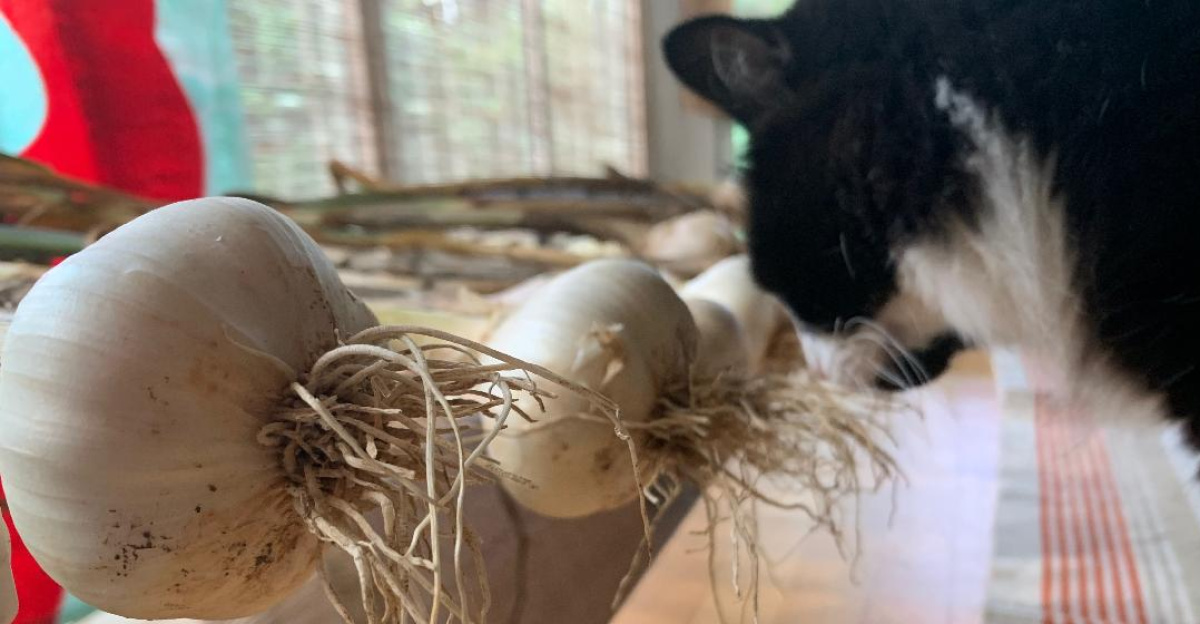
These allium vegetables contain disulfides and thiosulfinates. In cats, these damage their red blood cells and causes life-threatening anemia. This does not make a difference whether they are cooked or raw.
Please look out for the following symptoms: vomiting, diarrhea, lethargy, pale and yellow gums, weakness, difficulty breathing, and collapsing. If you suspect your cat has ingested these products, please do not induce vomiting; you should seek emergency veterinary care immediately.







